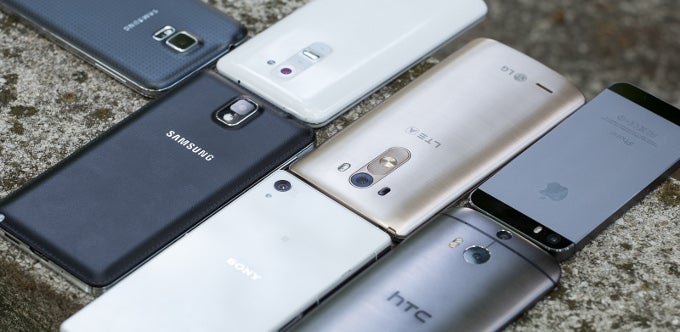Android storage speed comparison: which phone has the fastest IO performance?

In order to have a perfectly smooth experience on Android, the IO performance is key, and today we take a look at the most popular Android flagships and how they compare in terms of NAND performance. We've used the awesome AndroBench tool, a free app on the Google Play store.
We test sequential and random speeds
Testing is divided in two categories: sequential speeds and random reads. Substantial speeds happen when big files are written or read to the storage, things like a movie, which is stored in ‘sequential’ blocks of the memory. The faster the result here, the faster you’d be able to move around larger files in the system.The second and more important factor for the smooth Android experience are random speeds, which measure the speed of reads and writes in different blocks of the NAND storage. Random writes and reads is exactly what happens when apps update in the background (many small bits of data written and read), as well as when you are multitasking. Greater random speeds usually translate in fewer dropped frames.
Follow us on Google News













Things that are NOT allowed:
To help keep our community safe and free from spam, we apply temporary limits to newly created accounts: